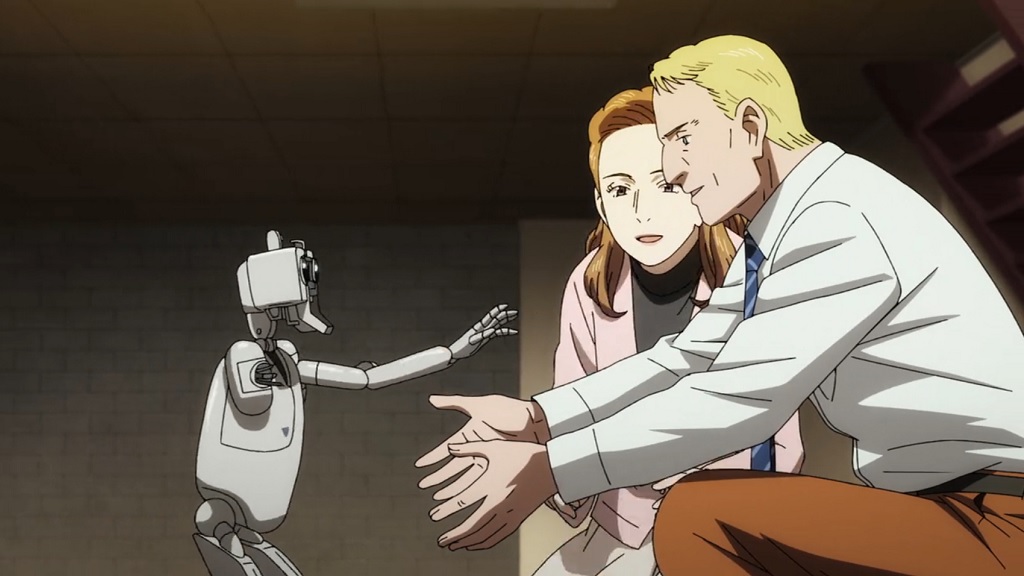Pluto: Exploring Robotics Law Through the Lens of Science Fiction

By Savannah Thorneberry
Robota is a Czech word meaning ‘forced labor,’ from this word, the common term ‘robot’ was born.[1] The term ‘robot’ owes its origins to Czech playwright Karel Capek who, in 1920, created the hit science fiction play Rossum’s Universal Robots.[2] The play depicts robots who are identical to humans in all aspects, minus a soul; without a soul, they lacked the ability to feel and have emotions the way humans do.[3] In media, robots are often portrayed as companions to humans.[4] While robots are not human, the advancement of robotic technology has prompted the discussion of what it means to be human, a question that science fiction and media have long grappled with.[5] Given the ambiguity around AI and robotics and the laws that regulate it, looking to media, specifically science fiction, can provide insights on a range of moral and ethical considerations as to how these laws might be shaped as technology continues to rapidly advance.

